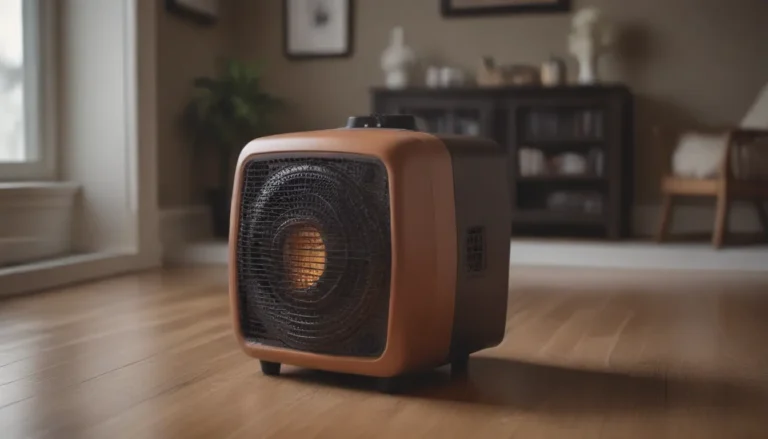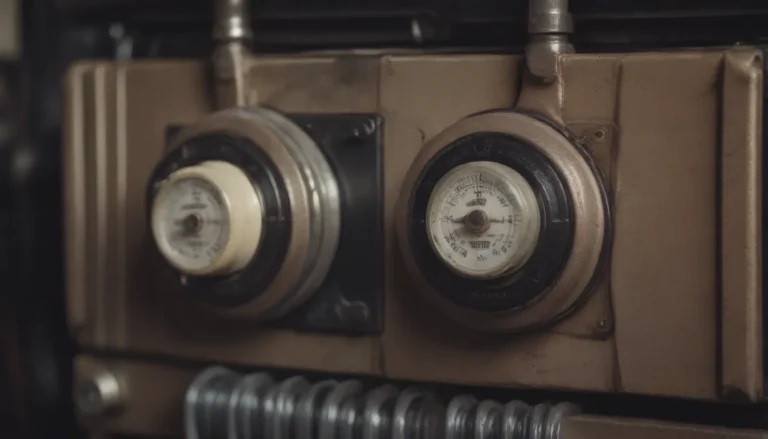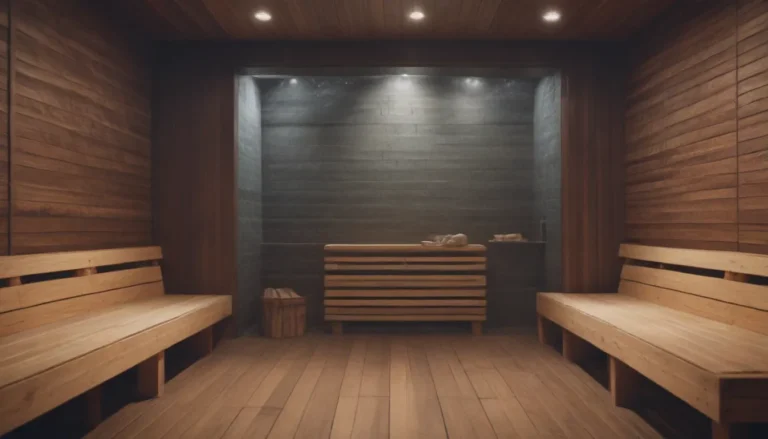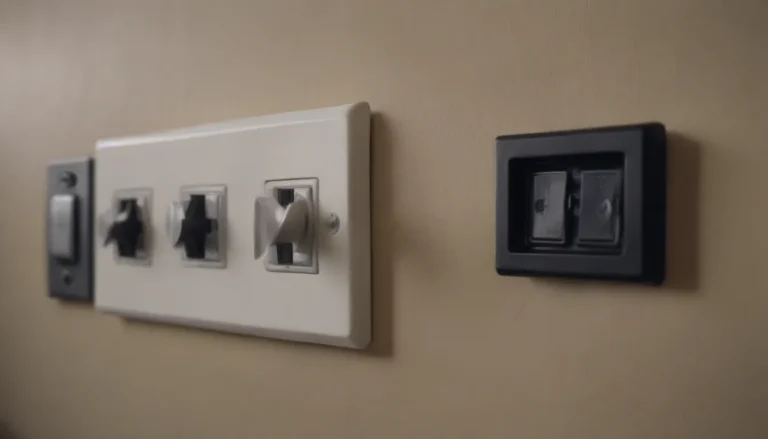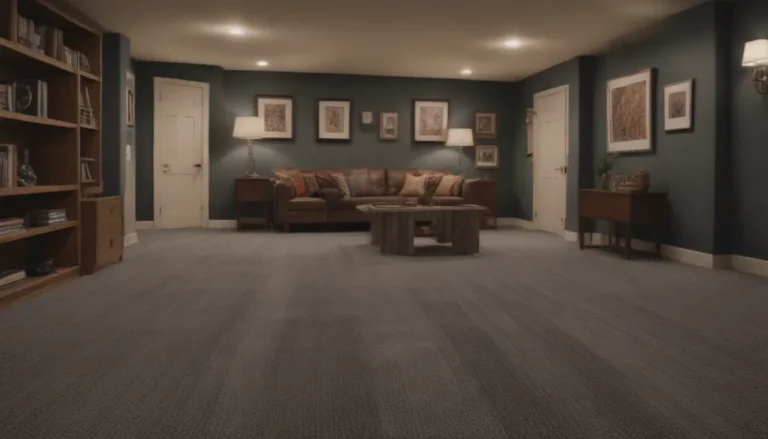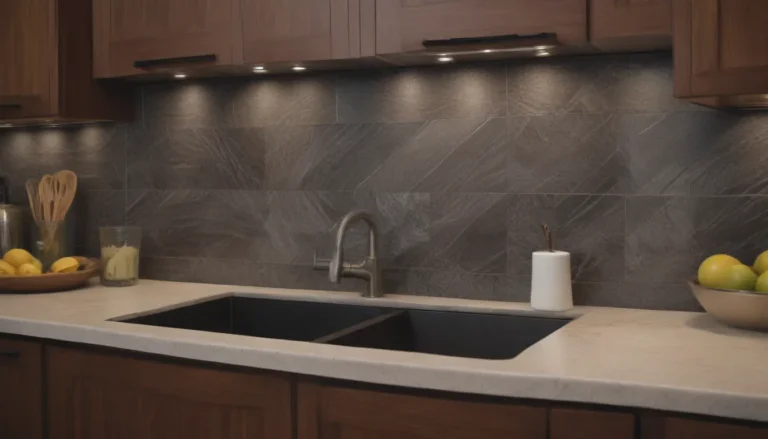Everything You Need to Know About Turning Off the Water to Your House

Welcome to our comprehensive guide on how to turn off the water to your house! Whether you are facing a plumbing emergency or need to make repairs, knowing how to shut off the water supply is crucial. By following these simple steps, you can prevent indoor floods and tackle plumbing issues with confidence.
Why Is It Important to Shut Off the Water?
Before we dive into the specifics of how to turn off the water, let’s discuss why it’s essential to know how to do this. Shutting off the water to your house can help prevent potential disasters such as burst pipes, plumbing fixture overflows, or leaks. In case of an emergency, being able to quickly turn off the water can minimize damage to your property and belongings.
Where to Shut Off the Water
There are multiple locations where you can shut off the water supply to your house. Knowing these locations will empower you to take control in case of a plumbing issue. Here are the main places to shut off the water:
-
Main Valve: The main shutoff valve is where the municipal water supply enters your house. It can be located on the exterior of your home or indoors in the basement. This valve is crucial for shutting off water to the entire house.
-
Water Meter: In some cases, you may be able to shut off the water at the water meter itself. However, this should be a last resort as there may be regulations against homeowners tampering with plumbing beyond the meter.
How to Locate and Turn Off the Main Water Valve
To locate the main shutoff valve for your home, look for a utility space near where the main water line enters the house or near the water meter. The valve is usually a large one that may require some effort to operate. After closing the main shutoff valve, it’s essential to drain out any standing water by turning on faucets on lower and higher floors of your home.
Tip: Some homes have branch valves that allow you to shut off water to specific lines in the house. These valves are typically found along the main branch pipes in accessible utility areas.
Turning Off Water at Fixtures and Appliances
If you’re dealing with a leaky faucet, running toilet, or a malfunctioning appliance, it’s best to shut off the water directly at the affected fixture or appliance. This allows other fixtures to continue operating while you make the necessary repairs. Here’s where to look for shutoff valves:
- Sink Faucets
- Toilets
- Showers/Tubs
- Dishwashers
- Refrigerator Ice Makers/Water Dispensers
- Washing Machines
If you can’t find the shutoff valve near the fixture, you can always turn off the main water supply valve near the water meter.
Turning Off Water at the Water Heater
When dealing with a hot water pipe leak or needing to repair or replace a water heater, you’ll need to locate the shutoff valves near the water heater. Identify the correct valve to turn off based on your water heater’s setup. If unsure, it’s best to contact your HVAC servicing company or plumber for guidance.
It’s crucial to turn off the water to your water heater if you shut off the main water to your house. This helps prevent damage to the water heater components. Always consult a professional for assistance with shutting down your specific water heater system.
Additional Tips and Precautions
- Turning off the main water to your house is a wise step to avoid leaks and floods, especially before going on a long vacation.
- Remember to turn off the water to your water heater to prevent damage to its components.
- In colder climates, there is still a risk of pipes bursting even if the water is turned off. Ensure pipes are properly insulated to prevent freezing.
By following these steps and tips, you can confidently turn off the water to your house in various situations. Remember that safety always comes first, and when in doubt, don’t hesitate to seek professional assistance.
For more information on plumbing maintenance and home repairs, check out resources like Homeserve and Angi for expert advice. Remember, being prepared and informed is the key to handling any plumbing emergency successfully.
Now that you’re equipped with the knowledge on how to turn off the water to your house, you can tackle plumbing issues with ease and confidence. Stay informed, stay prepared, and keep your home safe and secure!
